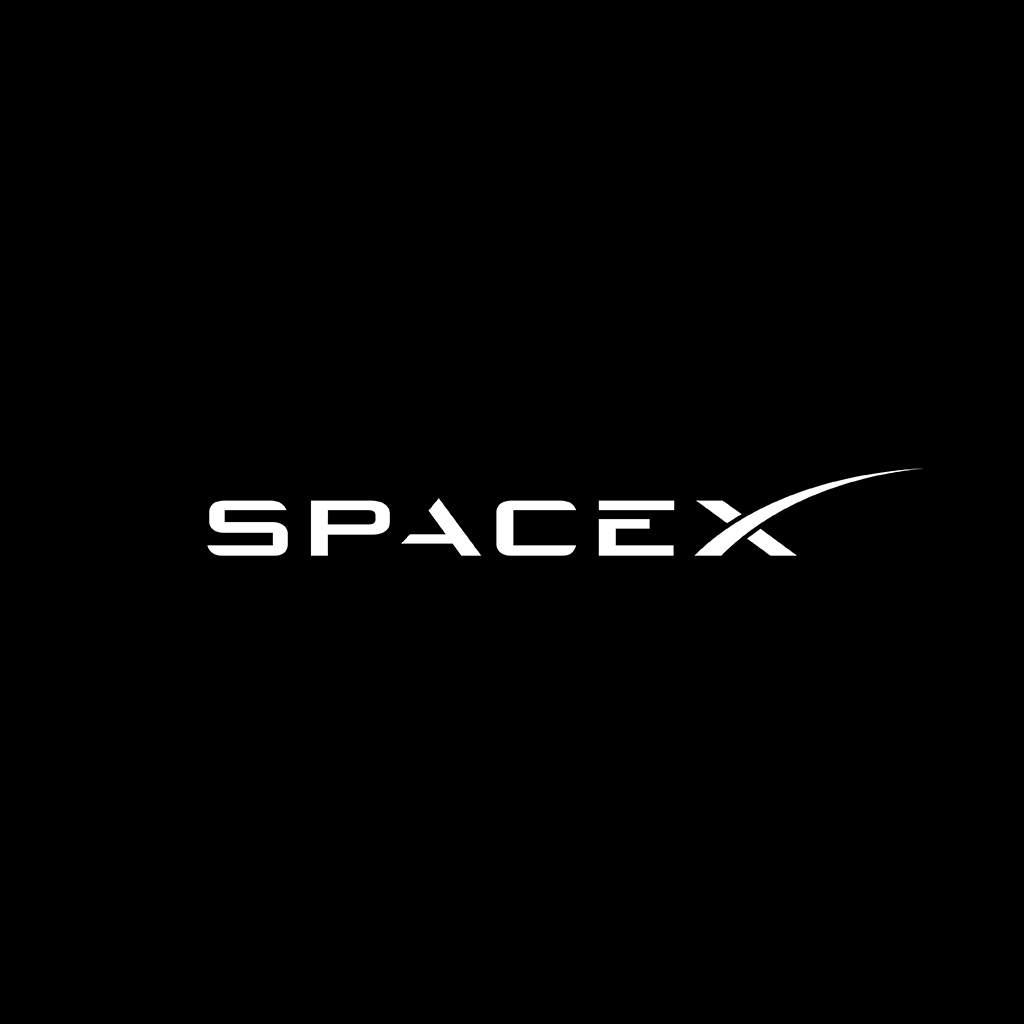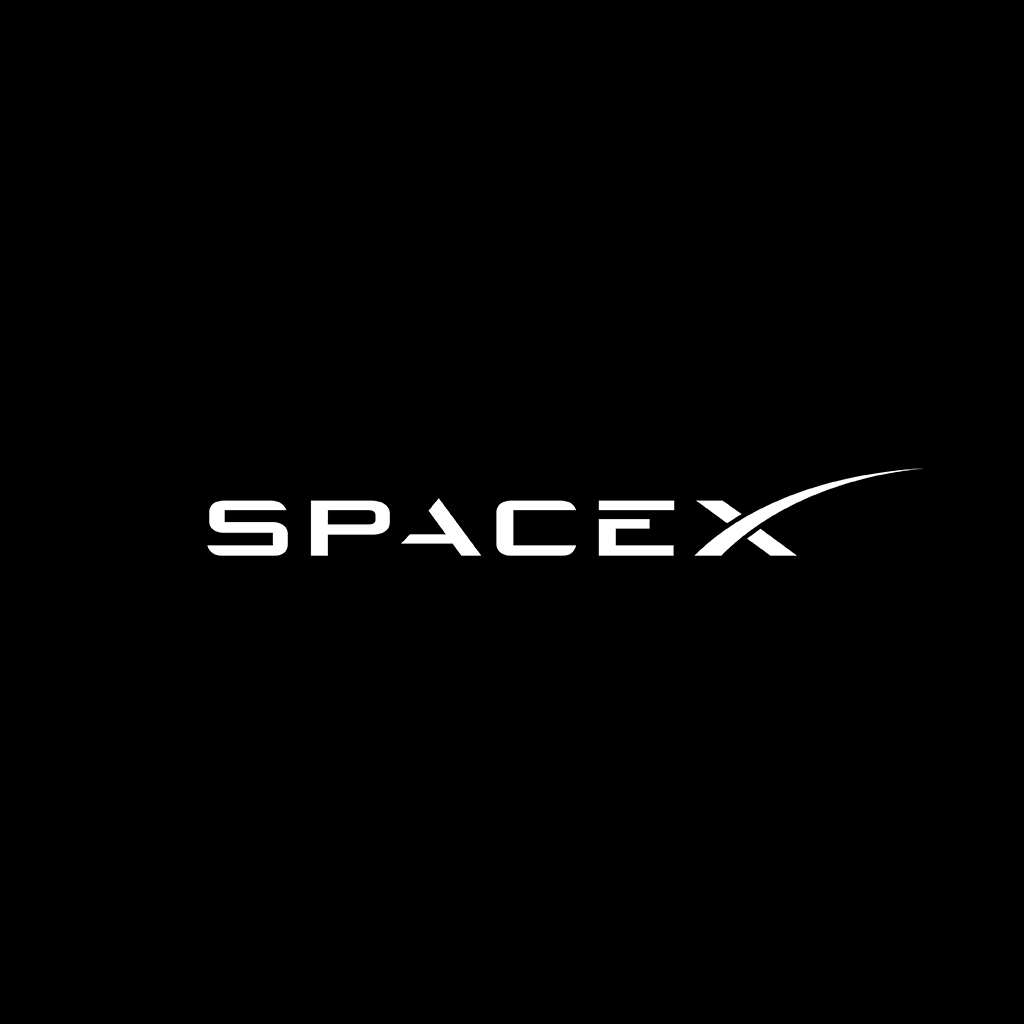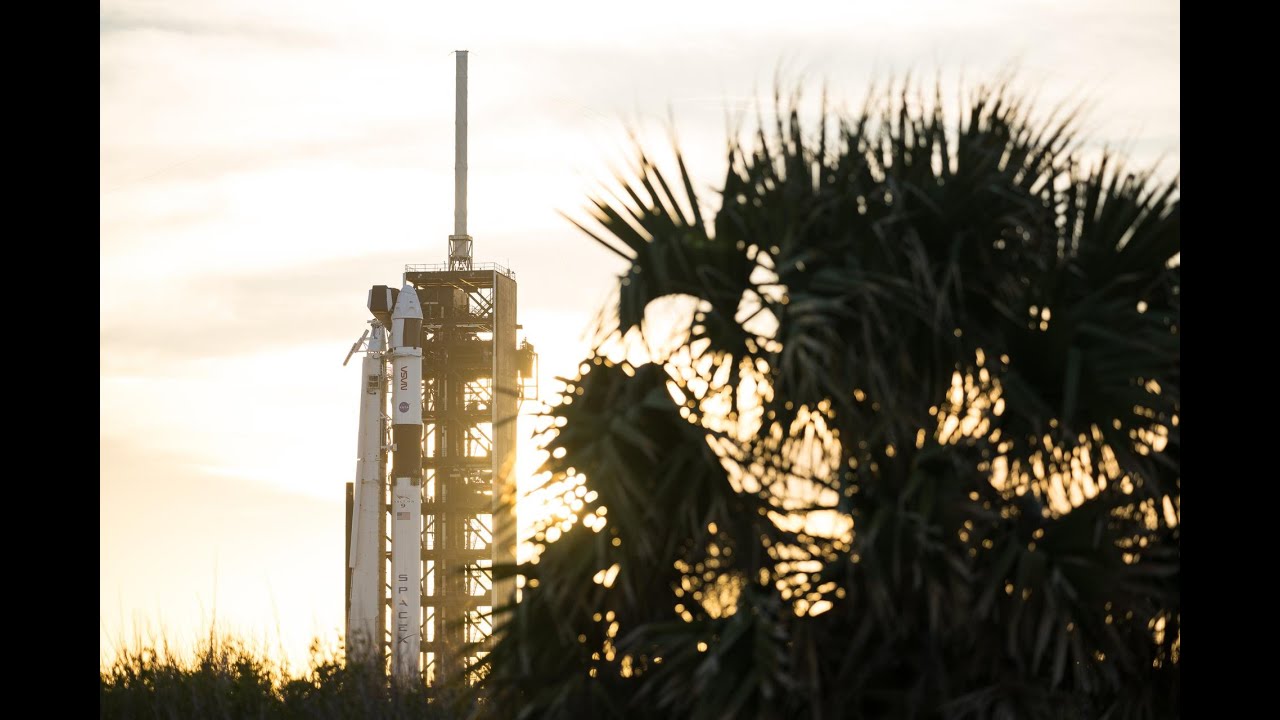

Also onboard is the ARTEMOSS experiment, which is pronounced similarly to “Artemis” in a nod to NASA’s Moon-bound program. The acronym stands for “From Antarctica to Space: Molecular Response and Physiological Adaptation of Moss to Simulated Deep Space Cosmic Ionizing Radiation and Spaceflight Microgravity.”
Shouldn’t that be FATS:MRPAMSDSCIRSM?
Nestled inside the trunk of the Dragon is a device called CODEX (COronal Diagnostic EXperiment), … the device will be unpacked and installed using the Canadarm-2 robotic arm.
I’ve been wondering why this mission couldn’t just dock to the zenith port. Could this be why? Is there better access for the arm at the forward facing port? (For those who didn’t know, Crew-9 had to relocate Dragon Freedom to the zenith port a couple of days ago, to free up the forward port for CRS-31.)




No need. Spaceflight fans (like me!) are supporting and funding what may be the biggest aerospace espionage operation in history by a factor of 10, down in South Texas. With crowdsourced tracking and analysis. Must be beyond the CPC’s wildest dreams!
E.g.:
https://www.youtube.com/live/mhJRzQsLZGg
https://ringwatchers.com/
https://sh.itjust.works/post/27492397
And we ain’t gonna stop!
I remember a story coming out about Russians using Starlink but it seemed a bit vague to me. Has anyone reliable actually asserted that SpaceX are significantly underperforming in the job of blocking captured terminals (once notified), or other aspects of the day-to-day operations that the Ukrainians would do if they controlled it themselves?
FWIW, SpaceX seems to deny it. https://x.com/SpaceX/status/1849956344691912873
" … As has been repeatedly confirmed by the Department of Defense, SpaceX has worked (and continues to work) in close partnership with the U.S. Government regarding Ukraine and denial of service to bad actors. …"